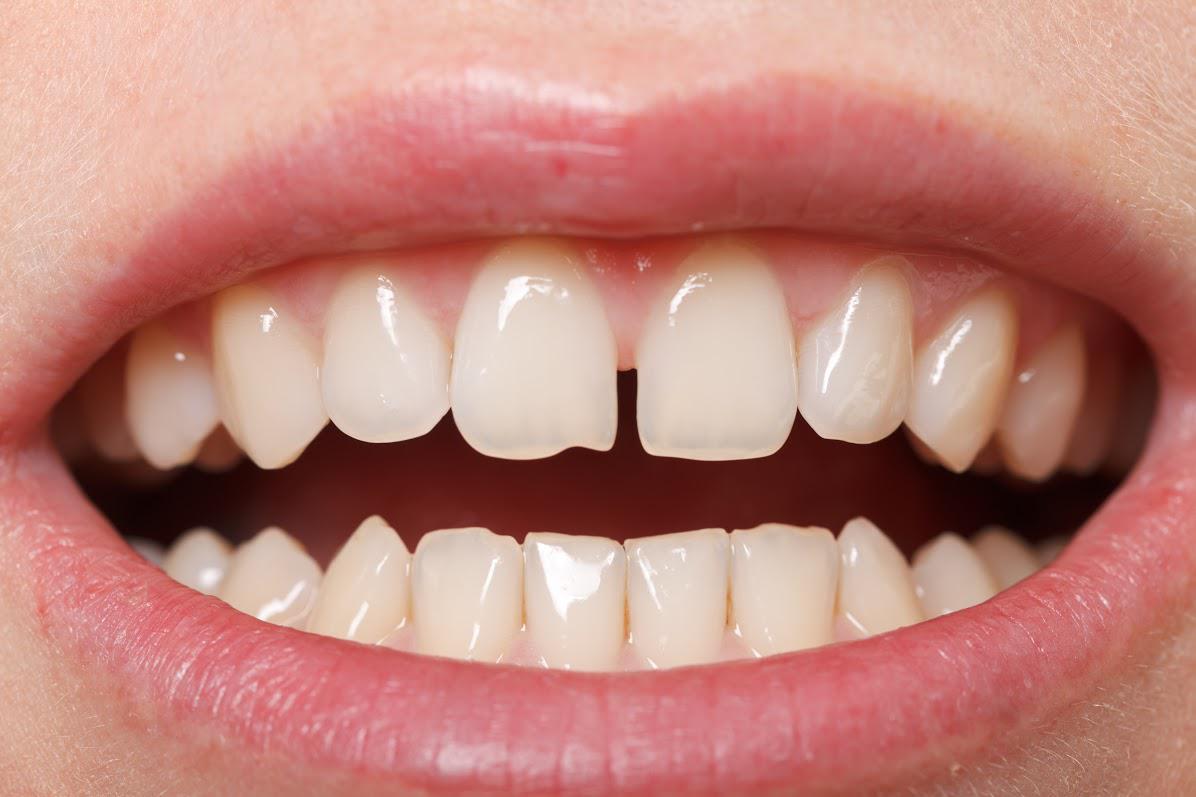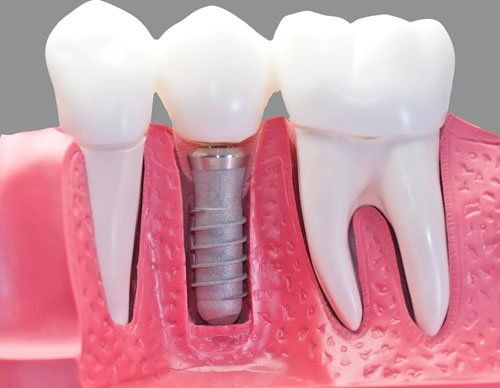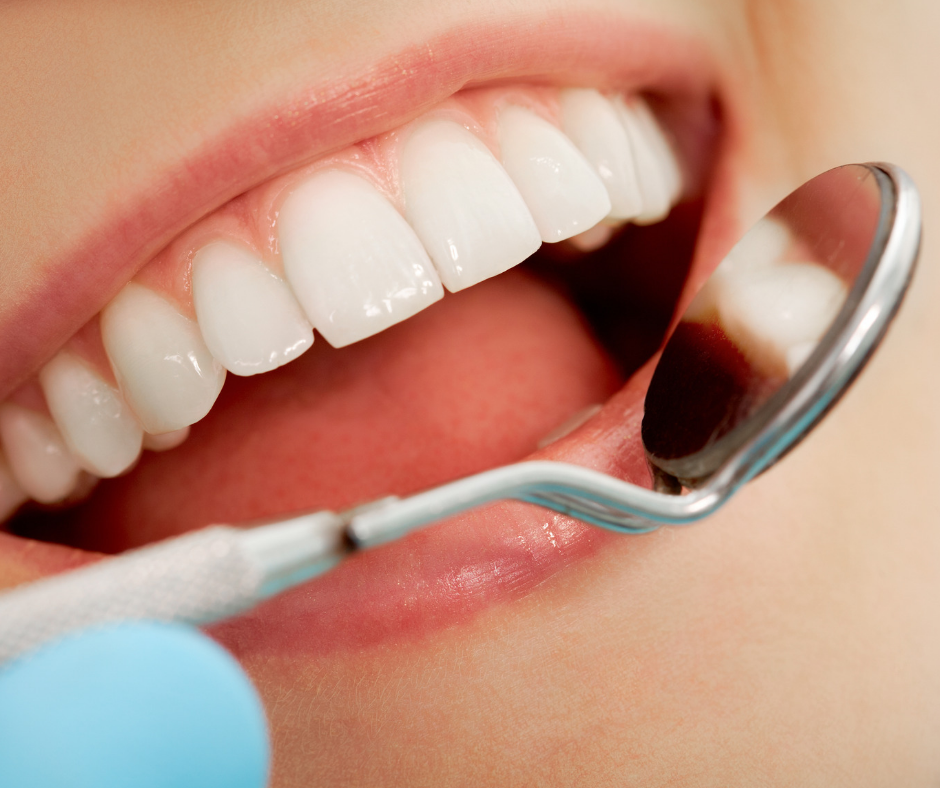Tooth Pain? Don't Procrastinate Dental Care
Routine dental visits catch tooth
problems before they become too serious. With cleanings and x-rays,
you might only need the occasional filling once in a while for a
small cavity. However, if you begin to experience tooth pain,
especially if you haven't been to the dentist in a while, you should
get your teeth evaluated sooner rather than later.
People might put off seeing the dentist because they hope the discomfort will resolve on its own. Others might avoid the dentist because of fear or because of a busy schedule, opting to treat the pain with over-the-counter medications. Here's why you need to seek immediate care.
Tooth Pain Is Hard to Pin Down
Tooth pain is common in the gums, the sides of the mouth, deep in the jaw, or even up by your ears. You might even think one tooth is hurting when, in reality, the tooth next to it is the one causing a problem.
Because tooth pain is hard to pin down without professional assessment, people can misjudge why they are experiencing discomfort. For example, soreness in the area next to the back molars is common with tooth injuries or advanced decay, but because that area has no teeth, you might assume it's just muscle soreness.
Because pain in the mouth can migrate or come and go, people also assume that the problem is not immediate. However, the nerves around the mouth are quite complex — you need a dentist to tell you what's causing the pain and how you can get rid of it. Common causes of pain include:
- Abscesses. These are serious dental infections.
- Old fillings. Over time, fillings can wear out or decay can spread around them.
- Cracked teeth. The tooth will need professional repair. You might not even know your tooth is broken until your dentist examines it.
- Bruxism.
Your dentist
can prescribe a mouth guard to keep your teeth safe from grinding
damage.
Tooth pain can also occur with gum disease, and as gum disease processes, the health of your teeth suffer.
Tooth Problems Usually Get Worse, Not Better
People get used to things taking care of themselves, so they hope that tooth sensitivity will go away with time. Teeth, however, do not heal themselves.
Your teeth do have some mechanisms to help reduce the risk of decay, but once you have a cavity or another tooth problem, that problems will only get worse as you ignore it.
You'll start to notice that your pain is no longer manageable with simple painkillers. You might also experience difficulty sleeping or concentrating at work because the pain distracts you. As the problem processes, it gets harder to treat and requires more extensive dental work to restore your mouth to full health.
Procrastination Is Expensive
When tooth problems become more severe, they often require a greater degree of medical intervention. For example, basic gum pain might be an early sign of gum disease, which is often simple to treat with cleaning and hygiene improvement.
However, once gum pain gets worse and the gums begin to pull away from the teeth, you might need procedures like gum grafts. You might even need to have infected teeth pulled out and replaced with bridges, partial dentures, or implants. These are much more costly than simple fillings or root canal treatments.
Pain Will Eventually Affect Your Quality of Life
As tooth pain worsens, you will find yourself doing things to work around it. You could find yourself avoiding foods you used to enjoy, including very cold or warm foods, because these are more likely to aggravate pain. Even tougher foods like cooked steak and raw vegetables can be harder to chew over time.
No matter the cause if your tooth pain, you could also experience a persistent bad taste in your mouth, or you might have bad breath that never really goes away. These affect you and the people close to you. For more information on what could be causing your tooth pain, contact Gregory S. Rutherford, DDS, PA.


















